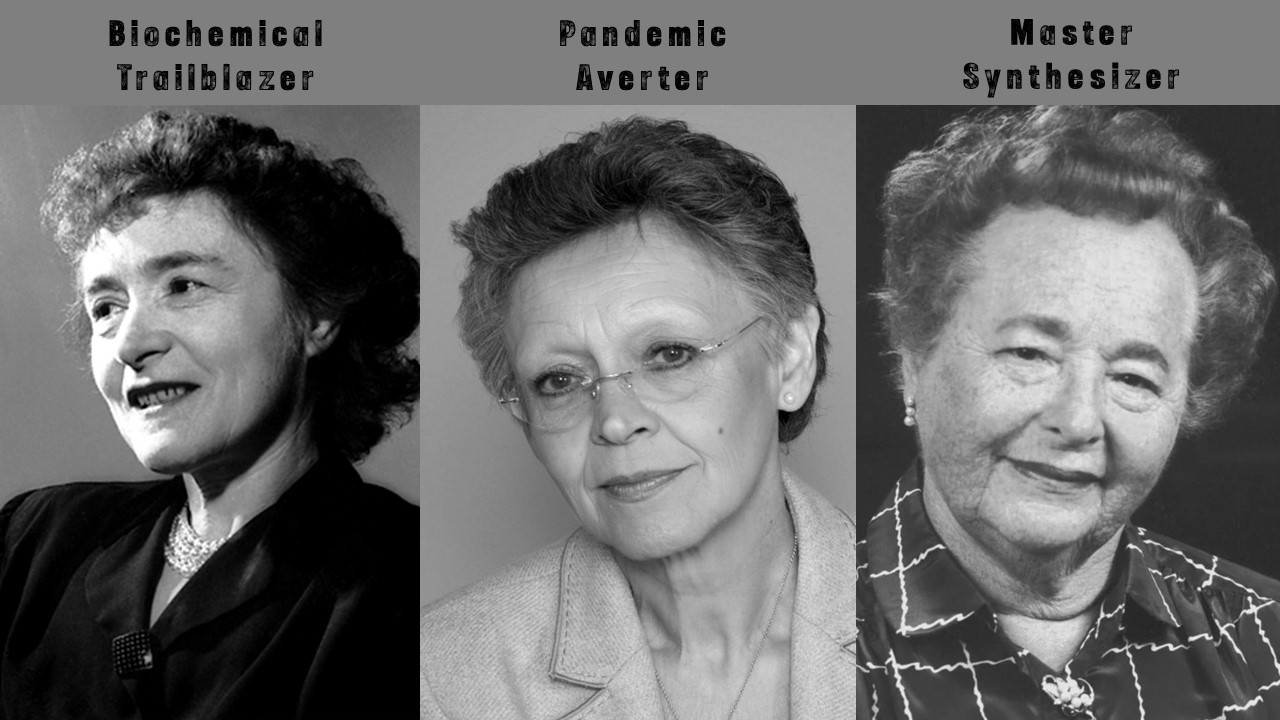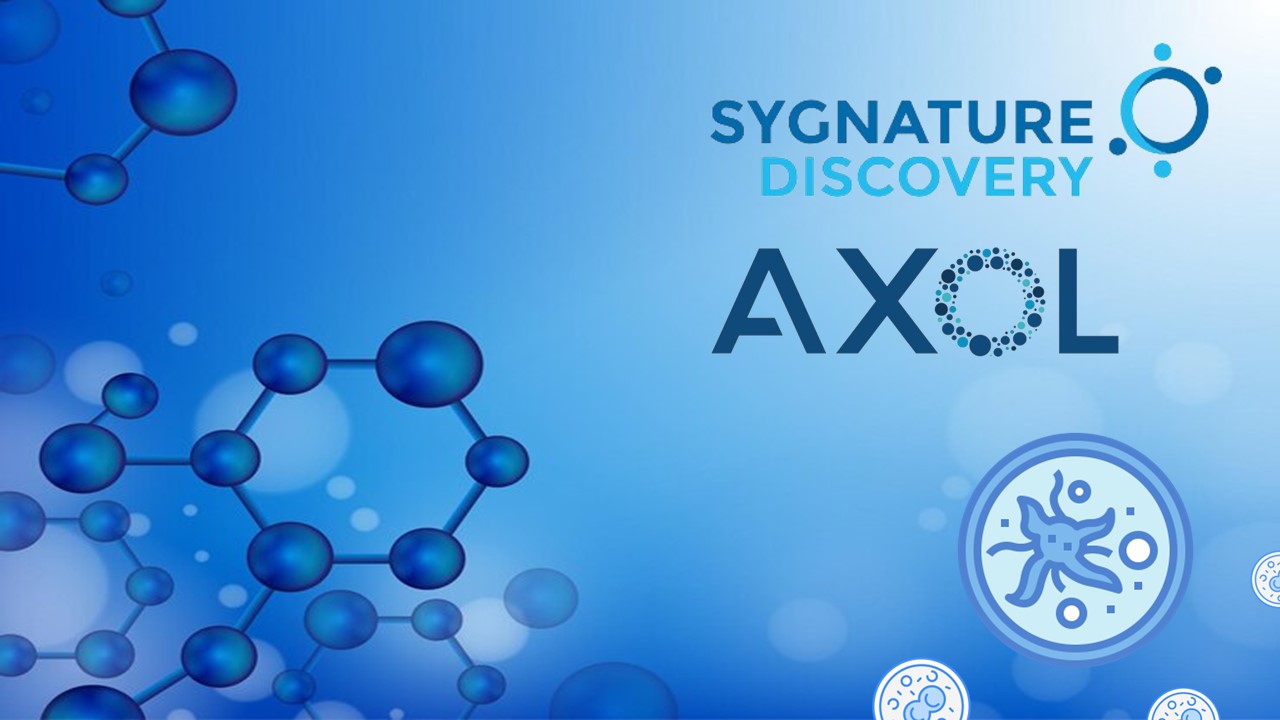
This week in pharmaceutical investments, Prophase Labs acquired Nebula Genomics Solutions in a move to accelerate its diagnostic medicine, utilising Nebula’s next-generation sequencing technology to enhance treatment decision. Elsewhere, Recro Pharma acquires Irisys, expanding its drug formulation manufacturing capacities and commercial possibilities.
ProPhase Labs Secures Acquisition for Genome Sequencing Firm Nebula Genomics for $14.6M
Medical science and technology company ProPhase Labs announced the acquisition of Nebula Genomics Aug 11 2021. The deal was formed by the subsidiary ProPhase Precision Medicine Inc., for approximately $14.6 million, and is hoped to combine the robust clinical diagnostic services of ProPhase and Nebula’s whole genome sequencing platform.
The integration of Nebula’s innovative sequencing technology appears to be a prominent move to support ProPhase’s direction for precision medicine. In a recent press release, ProPhase’s CEO Ted Karus said that “the acquisition of Nebula fits our plan to better enable individuals who seek a better understanding of their predisposition to genetic-based diseases and guidance in the diagnosis of existing, genetically influenced, conditions”.
The whole genome sequencing technology at Nebular Genomics was developed by George Church, PhD, and offers a number of features which distinguish it from the competition. The ability to decode all ~20,000 genes in the human genome is suggested to exceed the amount of information offered by other widely available services, according to the ProPhase press release.
This presents ProPhase with a significant advantage in the genomics market, which is a key player in the development of precision medicine – especially so for areas like oncology. The integration of ProPhase’s diagnostic capabilities and Nebula Genomics’ sequencing technology could see the development of a strong competition in the diagnostic field of precision medicine.
Acquisition of Grail By Illumina Goes Ahead Despite Regulatory Concerns
In late 2020, pharma company Illumina announced its plans to acquire Grail for $8 billion, but the deal has since remained under scrutiny. According to a recent source, both US and EU regulators have raised concerns that the acquisition “would lessen competition in cancer early detection”.
A major cause for concern is the impact of this acquisition which would further strengthen Illumina’s position in genomic diagnostics, as their next-generation sequencing technology already supports a vast number of diagnostic tests in the market.
llumina continues to emphasise the importance of the merger, stating that the “re-uniting of the two organizations, will accelerate the global adoption of NGS-based multi-cancer early detection tests, increase accessibility, and improve patient outcomes”. However, the company emphasised in a recent press release that they are committed to working through the ongoing regulatory process and will support the final decision.
Despite undergoing regulatory review, the acquisition has officially been confirmed, with Grail a wholly owned subsidiary of Ilumina. However, Grail will be operated as a separate company, while European regulators review the deal. The review will continue to assess whether the acquisition could negatively impact the early cancer detection market by lessening competition.
Clarified Precision Medicine Acquires Molecular Diagnostics Firm Interpares Biomedicine
On August 13 2021, Clarified Precision Medicine announced the completion of its acquisition of Interpares Biomedicine. The molecular diagnostics firm looks to be an important asset, bringing with it, OncoGuardian, a genetic sequencing test which is to be incorporated into Clarified’s diverse pipeline of precision diagnostics.
The integration of Interpares’ OncoGuardian into their portfolio, enables Clarified Precision Medicine to accurately assess both the efficacy and safety profile of potential treatment options. According to a recent article, the combination of the ClarifiedSelect product and OncoGuardian, can provide the information which can be used by a patient and clinical team, to determine the most viable option based on a “personalized risk and benefit profile”.
A statement by Clarified’s CEO, Jody Simon, supports the acquisition in favour of addressing the need to develop tests to better support treatment decisions – “We believe we can help patients and physicians make the best treatment decisions by maximizing the likelihood that a therapy will be effective and minimizing the likelihood that the patient will suffer from any severe adverse events from treatment”.
Precision medicine is an ever-growing area within the pharmaceutical industry, especially so in the field of oncology, in which treatment decisions can be difficult due to the complexity of tumour profiles. The acquisition could potentially put Clarified Precision Medicine in a stronger position prior to the deal, developing a stronger portfolio of tests which provide more precise information about the potential efficacy and safety of therapeutic options for cancer patients.
Recro Pharma to Acquire CDMO Irisys for $50 million
Georgia-based CDMO Recro Pharma has sealed a deal of $50 million to acquire another CDMO, Irisys, in order to expand operations from coast-to-coast. The move comes from Recro’s desire to address the challenges of pre-investigational development “through commercial manufacturing and packaging work for both its U.S. customers and those outside the U.S”.
The deal could see a significant boost in the manufacturing and commercial capacities for both companies, especially so because of Irisys’ already increasing operations. According to a recent article, Irisys expects to gain up to “$15.4 million in revenue this year and comes equipped with a Rolodex of nearly 40 customers across six countries”.
The merger of the two companies is hoped to allow Recro to diversify its client base and strengthen their financial position according to a press release. While Recro specialises in oral solid dose drugs, Irisys’ focuses on a range of formulations from oral liquids, to sterile injectables and nanoparticles. As a result, the merger will no doubt see Recro Pharma’s capabilities increase substantially, developing a stronger position in formulation development and commercial manufacturing.
Charlotte Di Salvo, Lead Medical Writer
PharmaFeatures
Subscribe
to get our
LATEST NEWS
Related Posts

Leadership, Trends & Investments
Aravax Continues International Expansion with Appointment of Aled Williams as Chief Business Officer
Aravax announces the appointment of Alex Williams as Chief Business Officer.

Leadership, Trends & Investments
The Immigrant, The Career-Undecided, and The Supermarket Supervisor-turned-Scientist
Learn more about the 1947, 1988, and 2008 Physiology or Medicine Female Nobel Laureates.
Read More Articles
Myosin’s Molecular Toggle: How Dimerization of the Globular Tail Domain Controls the Motor Function of Myo5a
Myo5a exists in either an inhibited, triangulated rest or an extended, motile activation, each conformation dictated by the interplay between the GTD and its surroundings.
Designing Better Sugar Stoppers: Engineering Selective α-Glucosidase Inhibitors via Fragment-Based Dynamic Chemistry
One of the most pressing challenges in anti-diabetic therapy is reducing the unpleasant and often debilitating gastrointestinal side effects that accompany α-amylase inhibition.













